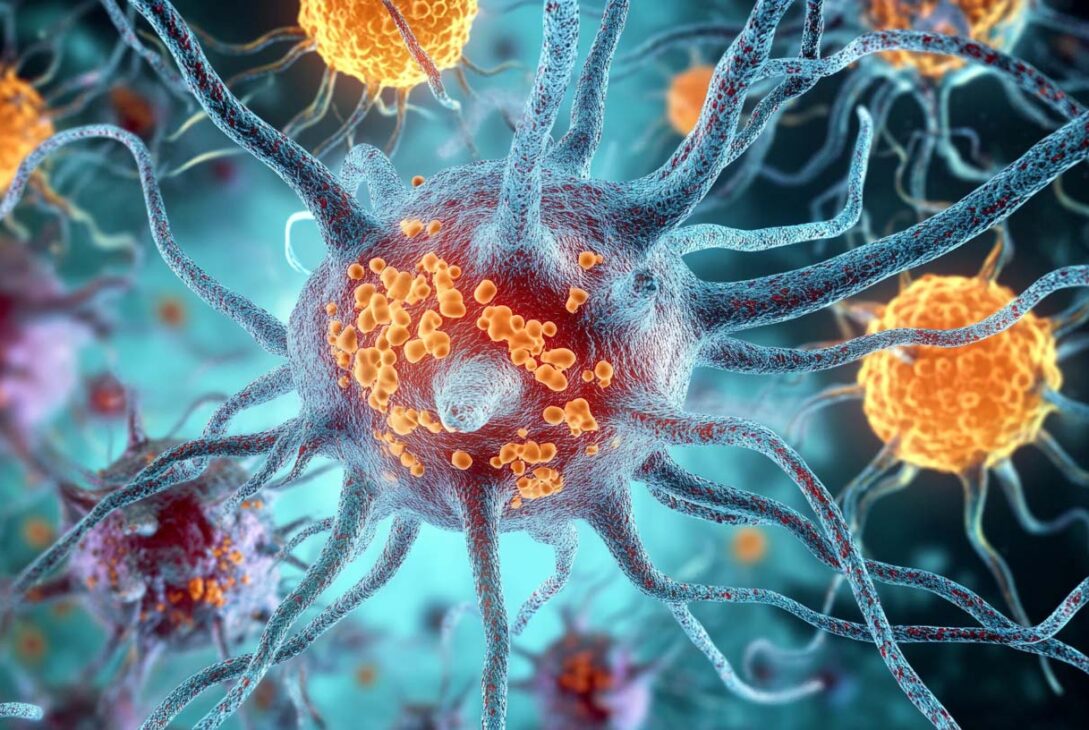Introduction to Cannabinoids and Neurodegenerative Diseases
Neurodegenerative diseases like Alzheimer’s and Parkinson’s are increasingly prevalent in the United States, affecting millions of individuals each year. These conditions significantly impair memory, cognition, motor skills, and overall quality of life. As research progresses, cannabinoids—particularly cannabidiol (CBD)—are emerging as adjuncts to traditional therapies that might help manage symptoms and slow the progression of these debilitating diseases. In this comprehensive guide, we’ll explore the intricate relationship between cannabinoids and neurodegenerative diseases, specifically focusing on Alzheimer’s and Parkinson’s.
Understanding Neurodegenerative Diseases
Alzheimer’s Disease (AD)
Alzheimer’s disease, the most common form of dementia, affects an estimated 6.5 million Americans. Those diagnosed with AD often experience gradual cognitive decline, memory loss, and emotional instability. At the root of AD is the accumulation of amyloid-beta (Aβ) plaques and tau protein tangles in the brain, which are thought to disrupt communication between neurons.
The onset of Alzheimer’s is multifactorial, involving genetic predisposition, environmental influences, and lifestyle choices, all contributing to neuroinflammation and oxidative stress. These factors cause neuronal damage, making early detection and intervention critical for slowing the disease’s progression.
Parkinson’s Disease (PD)
Parkinson’s disease, the second most common neurodegenerative disorder, affects approximately 1 million individuals in the U.S. This condition primarily manifests as motor deficits, including tremors, rigidity, and postural instability. PD is characterized by the progressive loss of dopaminergic neurons in the substantia nigra, along with the accumulation of Lewy bodies, which contain misfolded α-synuclein protein.
Similar to Alzheimer’s, Parkinson’s is closely linked to neuroinflammation and oxidative stress. These intertwined processes contribute to the gradual degeneration of motor control, leading to the hallmark symptoms of the disease.
The Role of Cannabinoids in Neuroprotection
Cannabidiol (CBD) and Its Mechanisms
Unlike its psychoactive counterpart, THC, cannabidiol is non-psychoactive and has garnered considerable attention for its potential neuroprotective properties. Here are some key mechanisms through which CBD may offer protective effects for neurodegenerative diseases:
- Antioxidant Properties: CBD demonstrates a remarkable ability to scavenge reactive oxygen species (ROS), reducing oxidative stress that can lead to neuronal apoptosis.
- Anti-Inflammatory Activity: CBD’s anti-inflammatory capabilities are critical; it can inhibit glutamate-induced neurotoxicity and lessen neuroinflammation by modulating microglial function (the brain’s immune cells).
- Receptor Modulation: CBD indirectly activates cannabinoid receptors, particularly CB1, leading to enhanced endocannabinoid signaling that may protect neurons from glutamate-mediated excitotoxicity.
CBD in Alzheimer’s Disease
Early studies suggest that CBD might have several beneficial effects for individuals with Alzheimer’s:
- Cognitive Enhancement: Research involving animal models indicates that CBD may improve synaptic plasticity, crucial for memory formation. In these studies, CBD treatment restored cognitive functions impaired by Aβ pathology.
- Reduction of Neuroinflammation: Animal studies have reported that CBD can significantly mitigate markers of neuroinflammation, thereby protecting against cognitive decline and promoting overall brain health.
- Amyloid Load Decrease: High doses of CBD have been reported to reduce Aβ plaque loads in transgenic mouse models used to study Alzheimer’s, indicating a possible mechanism for addressing one of the disease’s hallmarks.
CBD in Parkinson’s Disease
Research into CBD’s benefits for Parkinson’s patients is also promising:
- Improvement in Motor Function: CBD may enhance dopamine synthesis, which is compromised in Parkinson’s. Animal studies show that CBD can rescue levels of tyrosine hydroxylase, essential for dopamine production in the substantia nigra.
- Increased Neuroprotection: CBD helps maintain glial cell integrity, crucial for neuron support and protection, suggesting its potential as a therapeutic agent in PD.
- Oxidative Stress Reduction: By upregulating superoxide dismutase levels, CBD effectively counters oxidative stress, mitigating the mitochondrial dysfunction commonly seen in PD.
Additional Benefits of Cannabinoids
Beyond their neuroprotective capabilities, cannabinoids like CBD offer additional benefits for individuals with neurodegenerative diseases:
- Pain Management: Chronic pain is a common concern for patients with neurodegenerative conditions. CBD effectively alleviates pain, reducing discomfort and enhancing quality of life.
- Mood Stabilization: Anxiety and depression are prevalent in those with Alzheimer’s and Parkinson’s, and CBD can help in regulating mood, thereby improving overall mental health.
- Sleep Improvement: Sleep disturbances often plague neurodegenerative patients. Cannabinoids may support better sleep patterns, ultimately aiding recovery and well-being.
Conclusion and Future Directions
The promise of cannabinoids, and particularly CBD, in managing Alzheimer’s and Parkinson’s disease is becoming increasingly evident. However, while we have seen encouraging results from various studies, many questions remain unanswered. Here are key points to consider as research progresses:
- Therapeutic Window: Identifying the appropriate dosing and timing for CBD administration is vital. Research suggests that different dosages can yield varied effects, necessitating thorough clinical studies.
- Understanding Mechanisms: To harness the full potential of cannabinoids, it’s essential to comprehend their complex interactions with neurobiology, including pathways involving inflammation and cellular toxicity.
- Combination Therapies: Exploring synergistic effects with other compounds, such as vitamin B12, could enhance the overall therapeutic efficacy.
If you or someone you love is grappling with neurodegenerative diseases, understanding the potential therapeutic roles of cannabinoids could be life-enhancing. The growing body of research surrounding CBD opens avenues for hope and improved quality of life, but it’s crucial to seek guidance from healthcare professionals before commencing any new treatment regimen.
Actionable Tips
- Consult Healthcare Professionals: Before integrating cannabinoids into treatment plans, always discuss potential benefits and risks with health practitioners.
- Choose Quality Products: Opt for high-quality CBD products that have undergone rigorous testing to ensure potency and purity.
- Stay Informed: Engage with credible resources and scientific literature to stay updated on emerging research in this exciting field.
As the landscape of cannabinoid research continues to evolve, keeping abreast of the latest findings will empower patients and their families to make informed decisions in managing neurodegenerative diseases. Equipped with knowledge and awareness, we can foster better outcomes and brighter futures in the face of these challenging conditions.





















